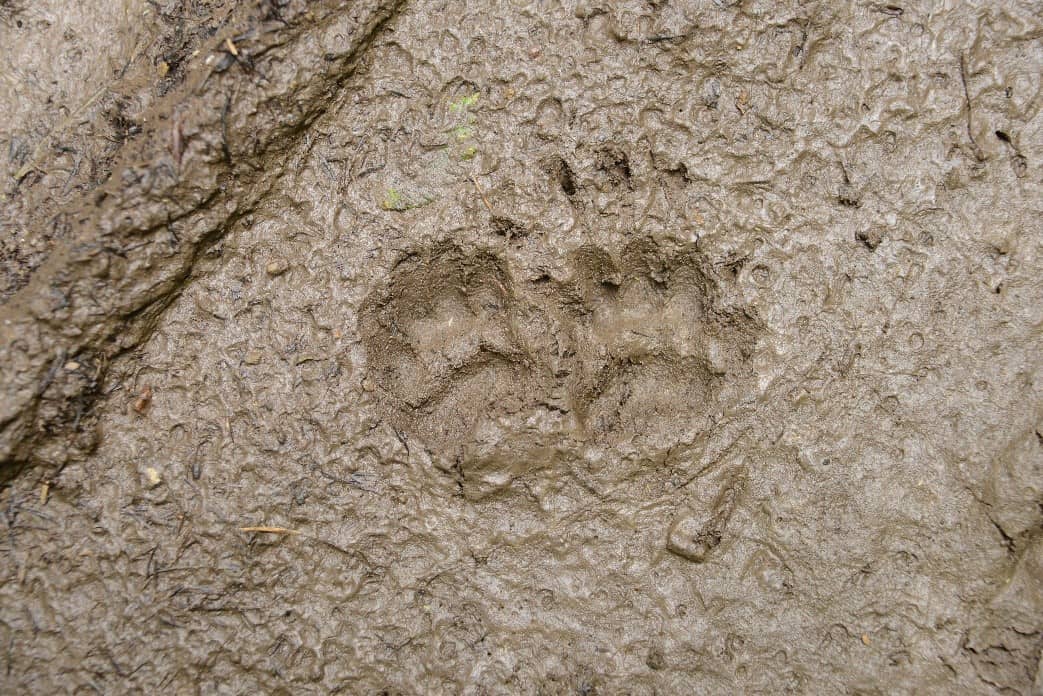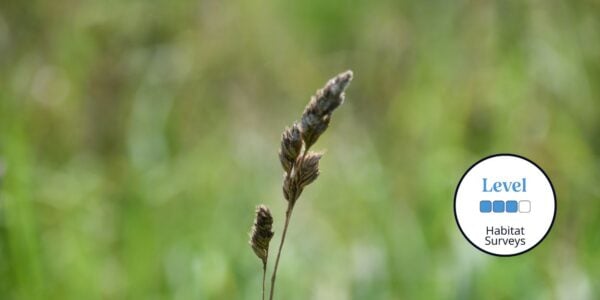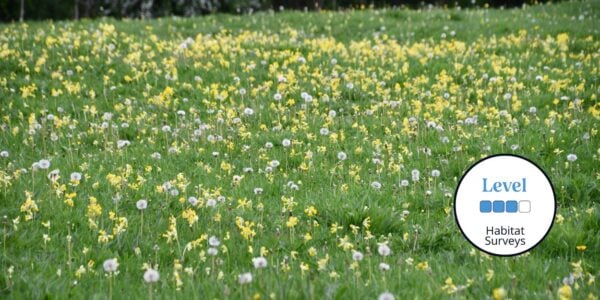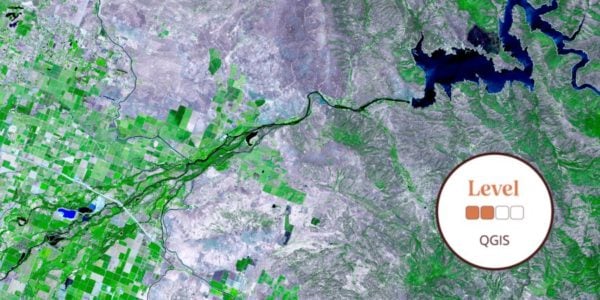Wildlife tracking is an ancient science and art and one that humans once relied upon for survival. Tracking involves a range of skills. These include identifying the animal that left the clue, working out what it was doing and when, and also finding the animal itself.
Tracking is a great way for nature enthusiasts and early conservationists to hone their ability to observe details around them and to build their knowledge of wildlife, specifically their movement and feeding ecology.
This introductory course is a great place to start for those looking to improve their ability to identify a range of wildlife tracks and signs. You will learn skills to confidently identify a variety of mammal and bird activity including the physical appearance and ID features of tracks, feeding signs, homes, and droppings. We will explore the outdoors to put find and discuss examples of tracks and signs, leaving you with a solid introduction to the world of tracking. Be inspired and engaged by the expertise of our specialist tutor and enjoy being surrounded by like-minded individuals who share your interests.
Your course takes place Set within 30 hectares of mixed woodland, meadows and ponds, located in South Buckinghamshire, within the Chiltern Hills AONB (Area of Outstanding Natural Beauty).
PLEASE NOTE the course fee is for tuition only. There is no accommodation or refreshments provided with this course at FSC Amersham.
If you’re interested in finding out more about the variety of tracks and signs and how they can be applied to our understanding, then this is the course for you!
Who Should Attend?
Nature enthusiasts, Students, Early career ecologists, Citizen scientists, Volunteer surveyors
Knowledge Level
Introductory. Level descriptors can be found on the following webpage: Framework and Course Level Descriptors
Prior Knowledge
No prior knowledge is required, though those with previous experience would still benefit as the tutor is open to answering a range of questions at different levels.
What will be covered during this course?
-
- Introduction to mammal and bird foot morphology, how that relates to the tracks we find in the field and helps us identify the trackmaker.
- Introduction to commonly found wildlife signs, how to identify these and what they tell us about the animals that left them.
- An overview of some of the key techniques for identifying and interpreting tracks and signs including master listing.
By the end of the course, you will be able to:
-
- Describe the basic types of tracks and signs and identify key features
- Identify examples of specific animals from their tracks and signs
- Recognise a variety of tracks and signs in their natural environments and what they mean
- Share this knowledge with friends, family, and fellow volunteers.
This is a place-based training course from the FSC, including a balance of classroom-led learning to impart important knowledge and irreplaceable hands-on outdoor learning opportunities to give individuals skills and confidence. After attending this course, you may like to progress your learning within wildlife tracking with further relevant FSC courses or branch out into other areas of environmental skills. The FSC offers both online and in person courses, so you can choose the learning style that suits you best.
The course gives you the opportunity to immerse yourself in a new subject and acquire novel skills. Our fantastic tutor will combine the use of classroom-led learning and outside learning opportunities to give individuals the skills and confidence to learn more about wildlife tracking.
-
- See the ‘Example Timetable’ and ‘What’s Included’ sections below for more information about this course.
- Upon booking you will need to provide individual details of all attendees
- Please email [email protected] if you have any questions.
Group Bookings Made Easy
If you have a group of 10 or more individuals wanting to complete one of our courses, our team are available to discuss your options – from discounts to private team courses.
- Discounted rates
- Privately run courses for your group
- Bespoke courses developed specifically for your needs
Tutor: David Wege
Tutor Bio
David Wege helps teach nature tracking with Woodcraft School Ltd in Sussex. He has done this for the last 7 years, alongside a 30-year career in international biodiversity conservation with BirdLife International. David has now left the office behind to focus on reviving the art of tracking – an art that has long been lost in the UK, but which provides endless opportunities to connect with nature, survey and monitor wildlife and increase our understanding, appreciation and knowledge of the animals around us. David is a life-long, passionate birdwatcher, wildlife photographer and all-round naturalist.
Covid Measures
In order to keep our customers and staff safe, we ask that anyone attending our centres:
- Wears a face covering when in shared indoor space (unless exempt).
- Maintains social distancing.
- Cleans their hands regularly.
- Takes a Covid-19 test before they arrive.
Book with Confidence
We understand the difficulties of making plans in the current situation when guidelines continue to change, and insurance conditions are being tightened. In response, we will continue to offer additional flexibility. Find out more here
Example Timetable
This timetable is subject to change but should give a clear outline of what to expect
-
- Please arrive in time for the course to start promptly at 10:00am
- The course will end at 5:00pm
| 10:00am | Introductions |
| 10:30am | Classroom session covering:
|
| 11:30am | Break and prepare for field session – refreshments not provided |
| 11:45am | Guided walk |
| 1:00pm | Lunch – Not included |
| 2:00pm | Classroom session covering:
|
| 3:00pm | Break and prepare for field session – refreshments not provided |
| 3:15pm | Guided walk to apply classroom knowledge |
| 4:30pm | Classroom plenary and final questions |
| 5:00pm | Finish |
Please note accommodation and an evening meal is not included
What's Included
The course has been carefully created by expert tutors and educators to help you continue to build and develop your knowledge and apply it within the field surrounded by like-minded individuals.
The course includes:
- Classroom learning covering the theory of the species
- Field excursions to apply new knowledge
- Expert tuition for which the FSC is renowned
- Clear objectives and progression
You can rest assured that the absolute best content from an expert in environmental education will be provided. In choosing an FSC course, you will be joining thousands of people who learn with us each year.
Before You Attend
What to Bring:
-
- Notebook and pencil
- Camera to capture images
- Lunch and refreshments
- Sensible footwear and clothing for being outdoors
You may wish to purchase the following FSC publications to enhance your experience
www.field-studies-council.org/product-category/publications/
-
- Guide to British Bird Tracks & Sign
- Tracks & Signs of Mammals of Britain & Ireland (forthcoming)
- Guide to the Land Mammals of Britain
- Guide to Owls and Owl Pellets
There will be a member of staff with first aid training and access to a first aid kit on site. If you have special medical or access requirements, please let us know as soon as possible so we can plan the course.
Sorry this course has ended




